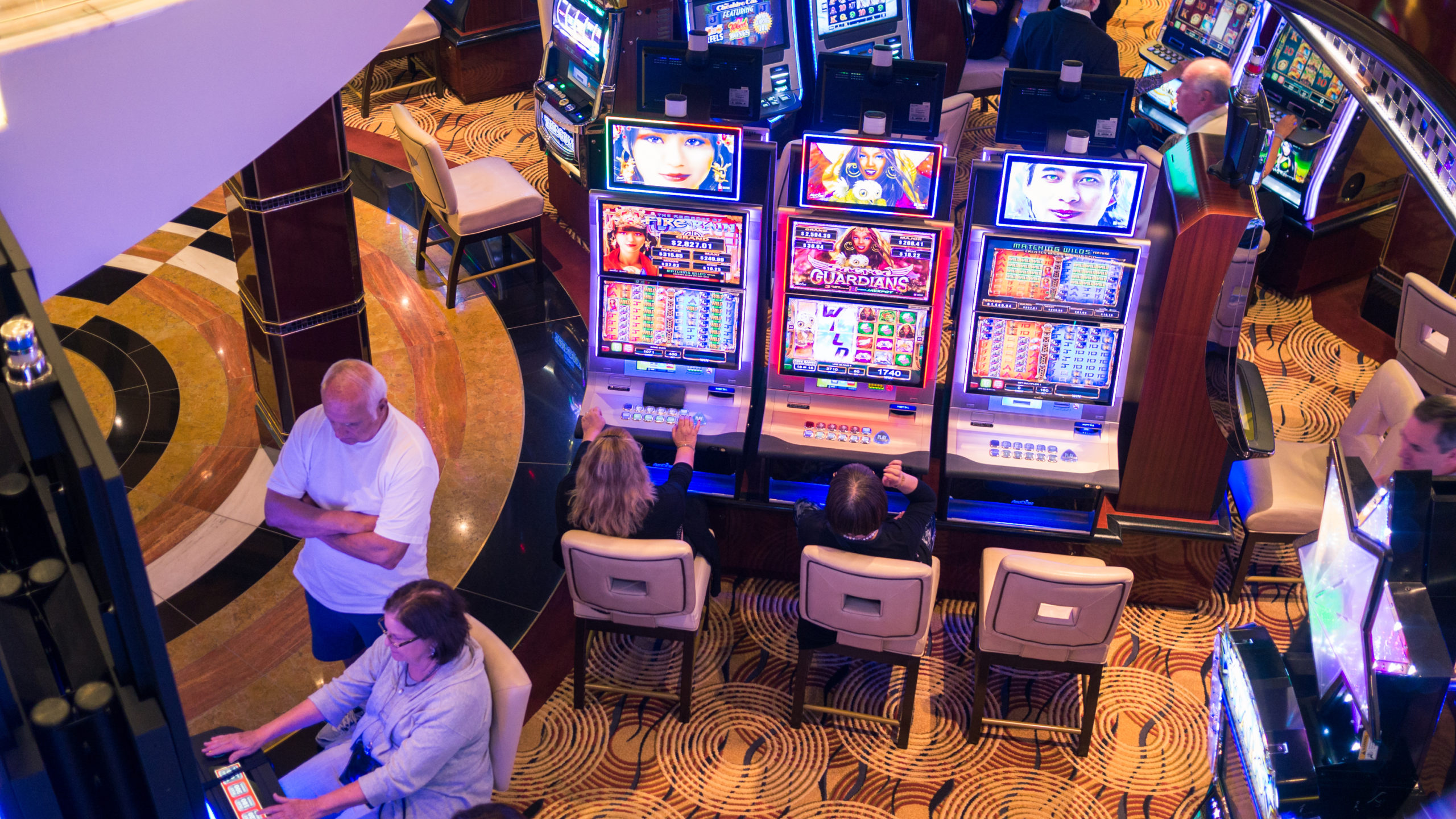
In the world of gambling, where chance and strategy converge, a unique tapestry of beliefs emerges—one that braids luck, fate, and the enigmatic nature of casino games. Casinos, bustling with excitement and anticipation, are not just venues for placing bets; they are also arenas in which superstitions thrive. Ranging from the novice player to the seasoned gambler, these mysterious practices often shape how individuals approach the games they play, believing that their actions can impact the outcome in ways that go beyond mere probability.
As players gather around roulette wheels, blackjack tables, and slot machines, the atmosphere is thick with stories of lucky charms, rituals, and codified behavior that defy logic yet provide a sense of comfort. Whether it’s wearing a specific outfit, following a particular sequence of bets, or even avoiding certain numbers, the attachment to various superstitions reflects a deep-rooted desire to master the uncontrollable. This article delves into the captivating world of casino game superstitions, examining the beliefs that both entertain and mystify those who dare to play.
Historical Roots of Superstitions
Betting games have long been entwined with an host of superstitions that go back to ancient societies. The beginnings of these beliefs can be linked to humanity’s fundamental need to control the unpredictable outcomes associated with fortune and uncertainty. In early civilizations, games of uncertainty were often linked to ritualistic practices. Players would seek blessings or request favor from spirits, believing that their actions could affect the odds in their favor. This foundation laid the groundwork for the myriad of superstitions that proliferated as gambling evolved over centuries.
During the medieval period, betting became a popular activity across Europe, and with it, a rich tapestry of superstitions appeared. Players adopted different rituals and charms, believing they could affect the results of games. The importance of numbers, in particular, emerged to manifest in superstitions related to card games and dice. The number 7 was often considered favorable, while different numbers carried negative connotations. These notions mirrored the societal contexts of the time, adapting as they passed through generations and changed to emerging gaming environments.
As casinos developed in the 1600s, particularly in Italy and France, the atmosphere surrounding betting became steeped in mystery. The growing openness of gambling games allowed for the dissemination and diversification of superstitions among players. Concepts like charmed charms, specific seating arrangements, and rituals gained prominence, creating a distinct culture within casinos. As these practices continued to thrive, they became essential to the identity of gambling games, illustrating how history and culture shape the notions that influence how gamblers connect with chance.
Common Casino Myths
Superstitions surrounding casino activities are abundant and varied, reflecting the hopes and anxieties of gamblers as they participate in random activities. One of the most common views is that certain numbers bring luck or misfortune. For example, the number seven is often seen as a lucky number, frequently embraced by gamblers looking for a favorable outcome. Conversely, the digit 13 is routinely considered unlucky, leading many gamblers to avoid it during their gambling sessions.
Another frequent superstition relates to practices that gamblers believe can affect their chances. Whether blowing on the dice before a throw, using a specific gesture to place a bet, or even putting on particular items of attire, many people feel that these rituals can tilt luck in their benefit. These practices offer a sense of control in an otherwise unpredictable environment, reinforcing the idea that luck can be created through individual convictions and habits.
Finally, the ambiance and atmosphere of the gambling house itself adds to myths. Many gamblers suggest that the presence of specific symbols, such as four-leaved clovers or lucky tokens, can enhance their odds of success. Additionally, players might hold to the belief that victory streaks can be interrupted by mundane events, such as a person walking past or a accident at the table. The shared atmosphere in a gambling house can amplify these beliefs, creating a shared culture of myths that transcends individual encounters.
Impact of Superstitions on Players
Beliefs play a crucial role in the psychology of gamblers, often influencing their behavior and decision-making. udbet Many gamblers think that luck can be manipulated through different rituals, such as wearing a lucky charm, choosing particular hues, or steering clear of particular digits. This reliance on superstitions can create a feeling of control in an environment that is intrinsically unpredictable. Players frequently feel more confident and involved when they think that their actions could sway the outcome of a game in their advantage.
The impact of these superstitions extends beyond singular players, affecting the overall atmosphere inside the casino. For example, a player who believes in the luck of a particular slot machine might attract a gathering, as others are intrigued by their apparent success. This shared belief can amplify excitement and create a lively environment, leading to an interesting experience even for those who may not necessarily be superstitious. The excitement around certain games can lead to increased participation and extended playing sessions, supporting the casino’s vibrant social scene.
In some instances, superstitions can lead to negative effects for players. Relying too much on rituals can result in bad gambling decisions, as some may overlook basic strategies in favor of baseless beliefs. Additionally, the stress to perform rituals may increase anxiety and stress levels, diminishing from the enjoyment of the experience. Ultimately, while superstitions can enhance the excitement of playing casino games, they can also lead to unwise choices that overshadow the enjoyment and entertainment intended in the casino experience.